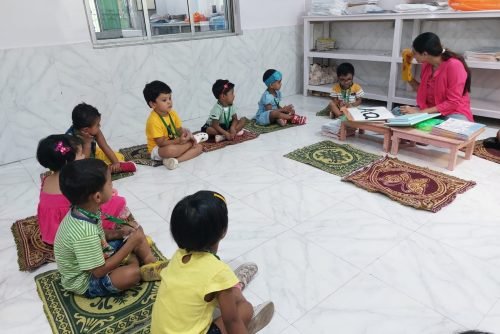It’s a natural instinct for parents to want the best for their children, but the habit of comparing them to others can be detrimental. Here’s why parents should avoid this harmful practice:
1. Uniqueness:
Every child is unique, with their own strengths and weaknesses. Comparisons disregard their individuality and create undue pressure.
2. Self-Esteem:
Constant comparisons can damage a child’s self-esteem, leading to feelings of inadequacy.
3. Unrealistic Expectations:
Setting unfair standards can hinder a child’s personal growth and create frustration.
4. Healthy Competition:
Healthy competition should be motivating, but comparisons can turn it into a source of stress and anxiety.
5. Strained Relationships:
Frequent comparisons can strain parent-child relationships and create tension.
6. Missed Personal Growth:
It shifts the focus from personal development to external validation, hindering growth.
7. Different Strengths:
Children have varied strengths and interests. Encourage them to explore their passions.
8. Long-Term Impact:
Constant comparisons can have lasting consequences on a child’s mental health and self-perception.
Instead, focus on your child’s individual progress, celebrate their achievements, and emphasize their unique qualities. Help them set their own goals based on their interests and abilities, and provide guidance and support to reach their potential. Encourage them to be confident, self-assured individuals.


